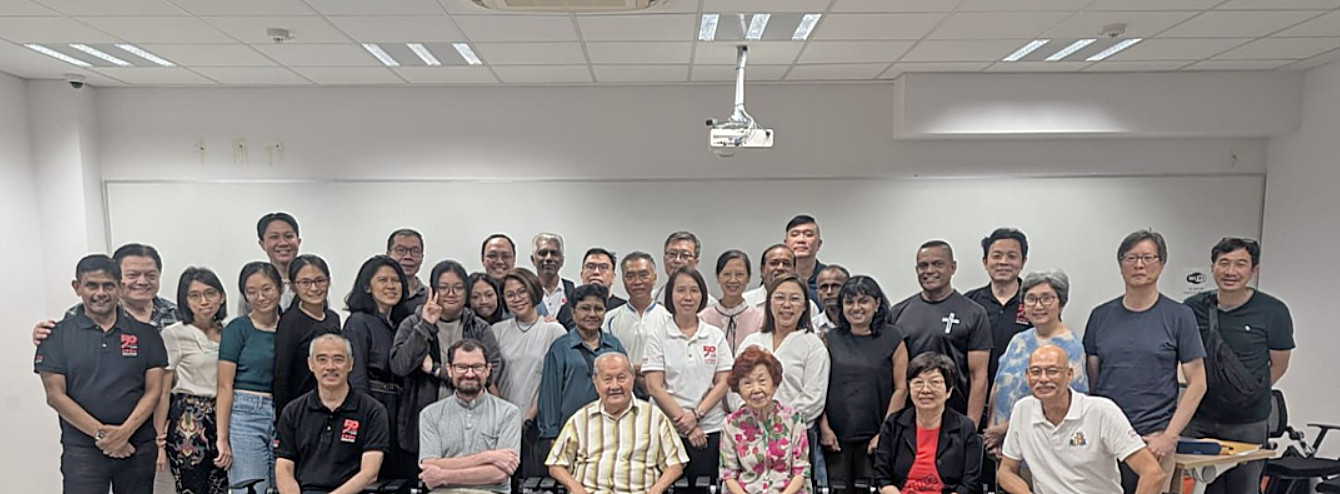
World Day for Decent Work is a day to commemorate the struggles and achievements of the labour movement and workers worldwide. This day recognises the historic fight for fair wages, safe working conditions, and social justice.
Each WMCW member has their own labour issues arising from their own cultural, geographical, political and economic situations. On the celebration of the World Day for Decent Work 2025, the Singapore movement shares the reality of work in their country.
In Singapore, work appears highly regulated by laws mandating, for example, overtime limits, medical, annual and parental leave. Recently, steps were taken to ensure at least industrial accident protection for ‘gig’ workers of online vehicle hire platforms.
But the long-standing mantra of ‘tripartism’, ostensibly meaning partnership between labour, business and government, remains at best ambivalent to decent work, because in reality, it justifies co-opting unions. Singapore workers continue to clock in long hours daily. Constant availability is part of work culture expectations.
These conditions are even worse for domestic workers and manual labourers, who are predominantly migrants. Domestic workers, who serve as the linchpin of the care economy, are commonly expected to be on duty for around 18 hours daily.
Likewise, for construction, shipyard and manufacturing workers, 12 to 14 hours’ work daily, 6 days per week, is common. In more extreme cases, some work around the clock on consecutive double or triple shifts. For migrant workers, the statutory limits on overtime have been, for many years, irrelevant. Some drivers sleep in their vehicles, or other workers, at their work sites, to save travelling time and get more rest.
The root cause of susceptibility to working such extreme hours is the duress caused by low wages and lack of employment security. Singapore has no minimum wage, and which floor guidelines do not cover migrant workers. Basic wages of around 300 USD are still common in a city where the cost of living is among the highest in the world. Such low wages effectively force labourers’ acquiescence to extreme working hours to earn overtime.
Self-evidently, such working conditions also jeopardise safety. Lip service is paid to adequate rest for drivers and machine operators, but is never enforced. On the other hand, the structural root causes and ingrained practice of inhumanely long working hours are not even officially acknowledged. Accidents involving heavy vehicle drivers, many of whom are migrant workers, are frequent, and the worst-affected victims are usually also migrant workers being transported like cargo on the lorries.
Lack of employment mobility for migrants on employer-sponsored visas keeps them perpetually beholden to their employers, disempowering them from improving their work conditions. In turn, such a degraded baseline for accepted working conditions is a contagion that affects other sectors of industry and other workers besides migrants.
Similar conditions prevail in many other countries. What Singapore's reality illustrates is that decent work cannot be achieved merely by the superficial artifice of legislation. Decent work for all necessitates addressing the root causes in society and the economy, including the informal economy and cultural norms.
Pope Francis, of blessed and beloved memory, consistently emphasised the importance of decent work and the rights of workers, advocating for fair labour practices and the protection of workers' dignity. He called for economic reforms that prioritise decent work and the rights of the human person.
CFSM Singapore wishes all WMCW members a meaningful commemoration of Decent Work and fair labour practices and the protection of workers' dignity.
Message written by CFSM Singapore




